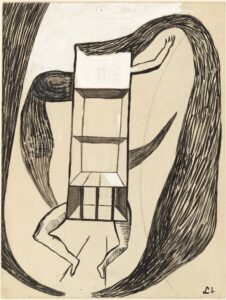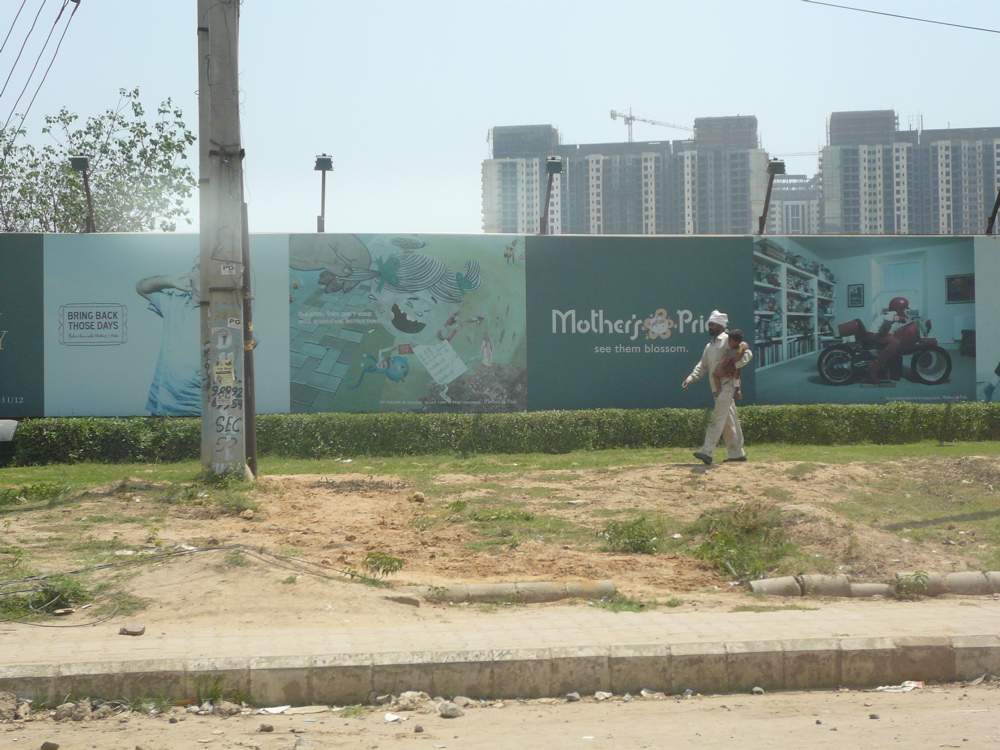On motherhood
by
16 March, 2025
 This collection is made to accompany the March Equinox edition of Insights, Women Writing Architecture’s newsletter. We welcome any suggestions for citations, and definitions to add to the Glossary (editors@womenwritingarchitecture.org) below the two definitions so far:
This collection is made to accompany the March Equinox edition of Insights, Women Writing Architecture’s newsletter. We welcome any suggestions for citations, and definitions to add to the Glossary (editors@womenwritingarchitecture.org) below the two definitions so far:
A Glossary definition and its limitations
Motherhood can be defined as the state or experience of being a mother, characterised by the biological, social, and emotional roles associated with raising, nurturing, and guiding offspring. This role involves care-giving, providing physical and emotional support, and ensuring the development and well-being of children within a familial or societal framework. It is both a biological function—rooted in reproduction—and a cultural role, shaped by societal norms and expectations. It also happens to be that, in non-western contexts, motherhood is not only centred on the individual relationship between a mother and her biological child. Instead, it is often understood as a communal or collective responsibility. For instance, the concept of Othermothering challenges the Western idea of the nuclear family and the notion of the biological mother as the sole primary caregiver. The relevance of motherhood to architecture lies in its impact on the design, but mainly, the use of space. In communal contexts, where motherhood is shared among extended networks, spaces are often designed to support collective care-giving — courtyards, communal kitchen and multi-generational housing. In societies emphasizing the nuclear family, domestic spaces often prioritize privacy and individualisation, reflecting on the centrality of the biological mother in care-giving.
by Estelle Gagliardi
I have been reading The Argonauts by Maggie Nelson. In her layered writing she reveals and proposes many commentaries and realities of motherhood, some well known, others treading new ground. These two quotes reveal just two of her perspectives:
‘D. W. Winnicott: Sometimes mothers find it alarming to think that what they are doing is so important and in that case it is better not to tell them. It makes them self-conscious and then they do everything less well… // As if mothers thought they were performing their ordinary devotions in the wild, then are stunned to look up and see a peanut-crunching crowd across the moat.”
‘You, reader, are alive today, reading this, because someone adequately policed your mouth-exploring … we don’t owe these people (often women, but by no means always) anything. But we do owe ourselves (Winnicott:) an intellectual recognition of the fact that at first we were (psychologically) absolutely dependent, and that absolutely means absolutely. Luckily we were met by ordinary devotion.’ [found by Helen Thomas, written by Maggie Nelson]
by Maggie Nelson thoughts that might spark new discussions, challenge assumptions, or even quiet personal doubts.

Mother’s Pride, Gurgaon, 2011 ©Helen Thomas